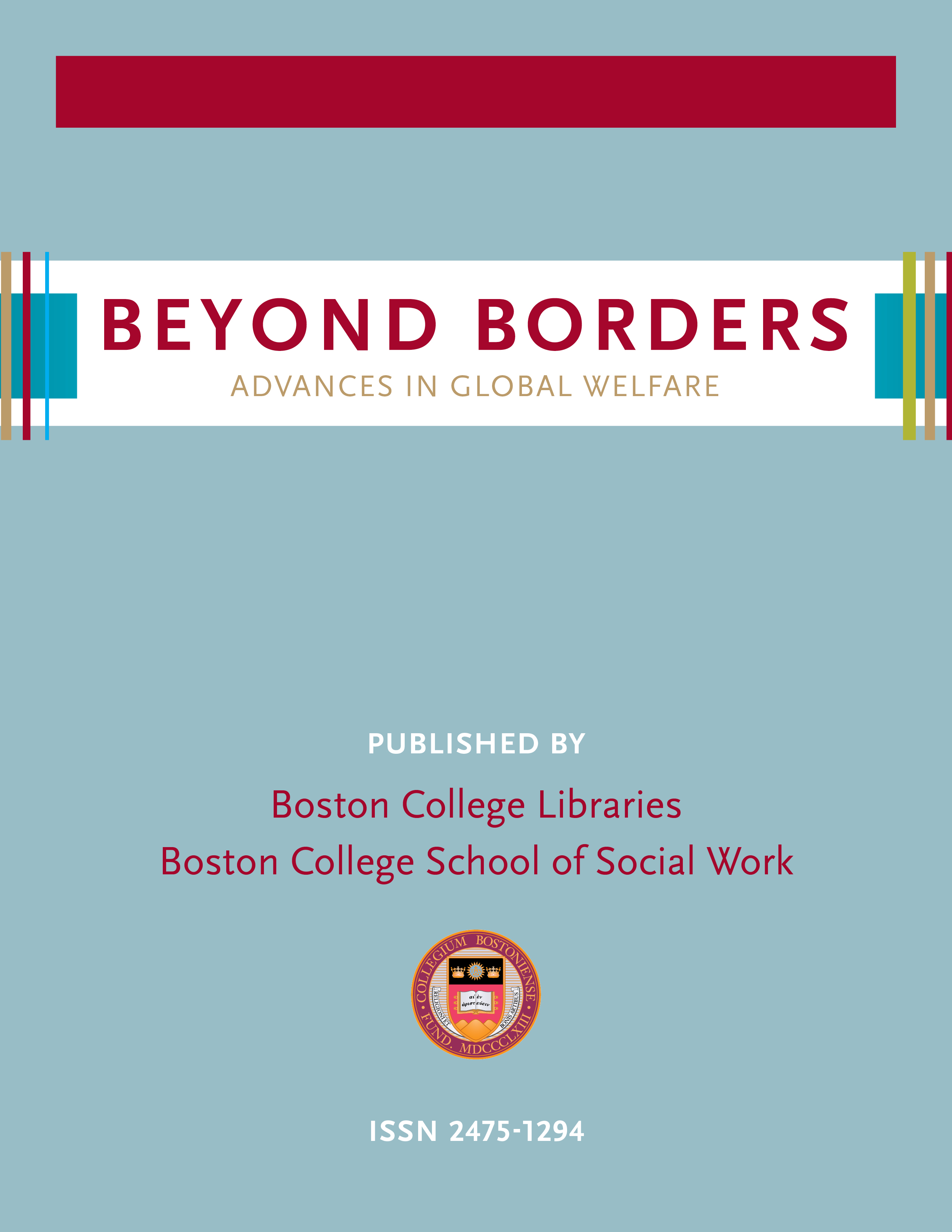Food safety and democracy: what interactions?
Abstract
In this paper, five different case studies were carried out to analyze and examine the presence and prevalence of food safety related disease, the economy and the political situation of fourteen different developing countries. The studies’ goal was to determine if there is a correlation or connection between the country’s level of democracy and the food-related health issues.
The research method included an extensive gathering and analysis through descriptive statistics of the documentation and data provided from Non-Governmental Organizations and health organizations. Articles, academical analyses and third party on-the-ground reports were used too. For the political section, the attention has been focused on the institutional democracy (structural level) and on the civil rights and personal freedoms (social level). For the health-issues part, it was decided to focus on the most relevant indexes of food safety status among the population: diarrheal diseases, intestinal infectious diseases, liver cancer and malnutrition.
This research denotes that there is a connection between the level of democracy and food-related health issues. As the democracy level increases, the prevalence of the aforementioned diseases decreases, but it also highlights that other economic factors could play a crucial role too. Lastly, it also suggests that democracy alone cannot address some health issues (such as malnutrition) and other ways need to be found.
Downloads
Published
How to Cite
Issue
Section
License
Copyright (c) 2019 Marco Zannini

This work is licensed under a Creative Commons Attribution-NonCommercial 4.0 International License.
Please follow the link for more information regarding Copyright and License Information.

